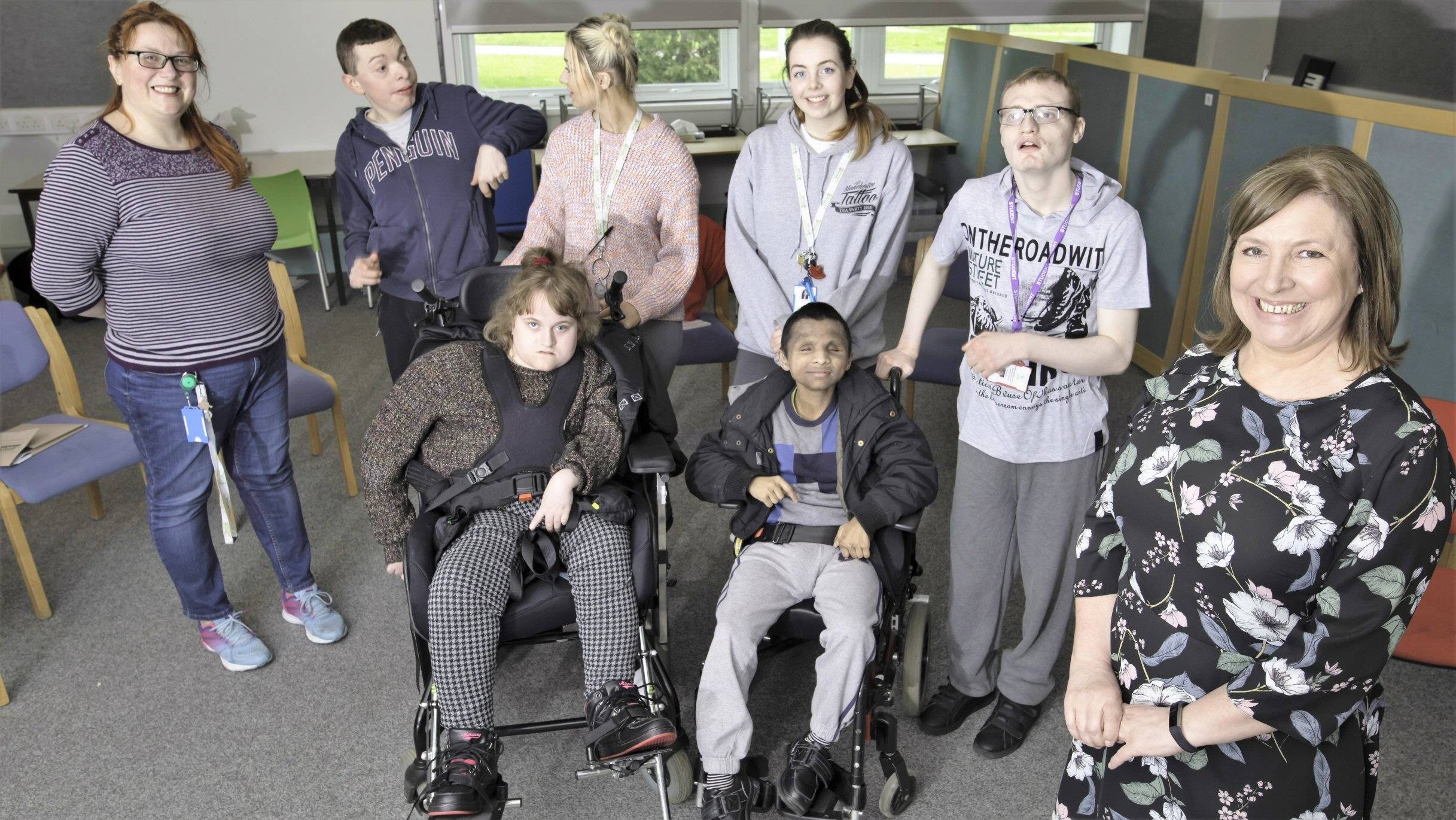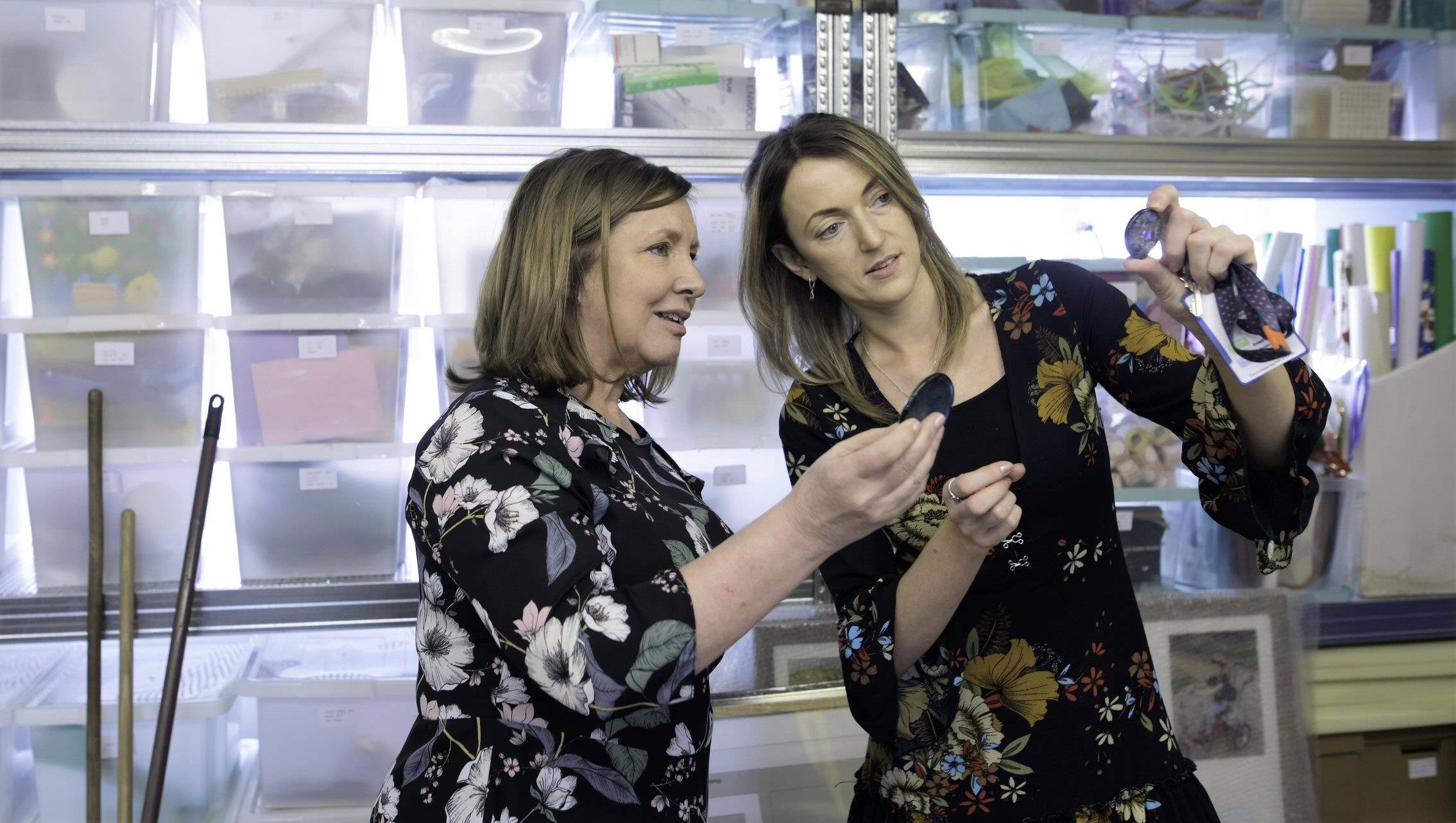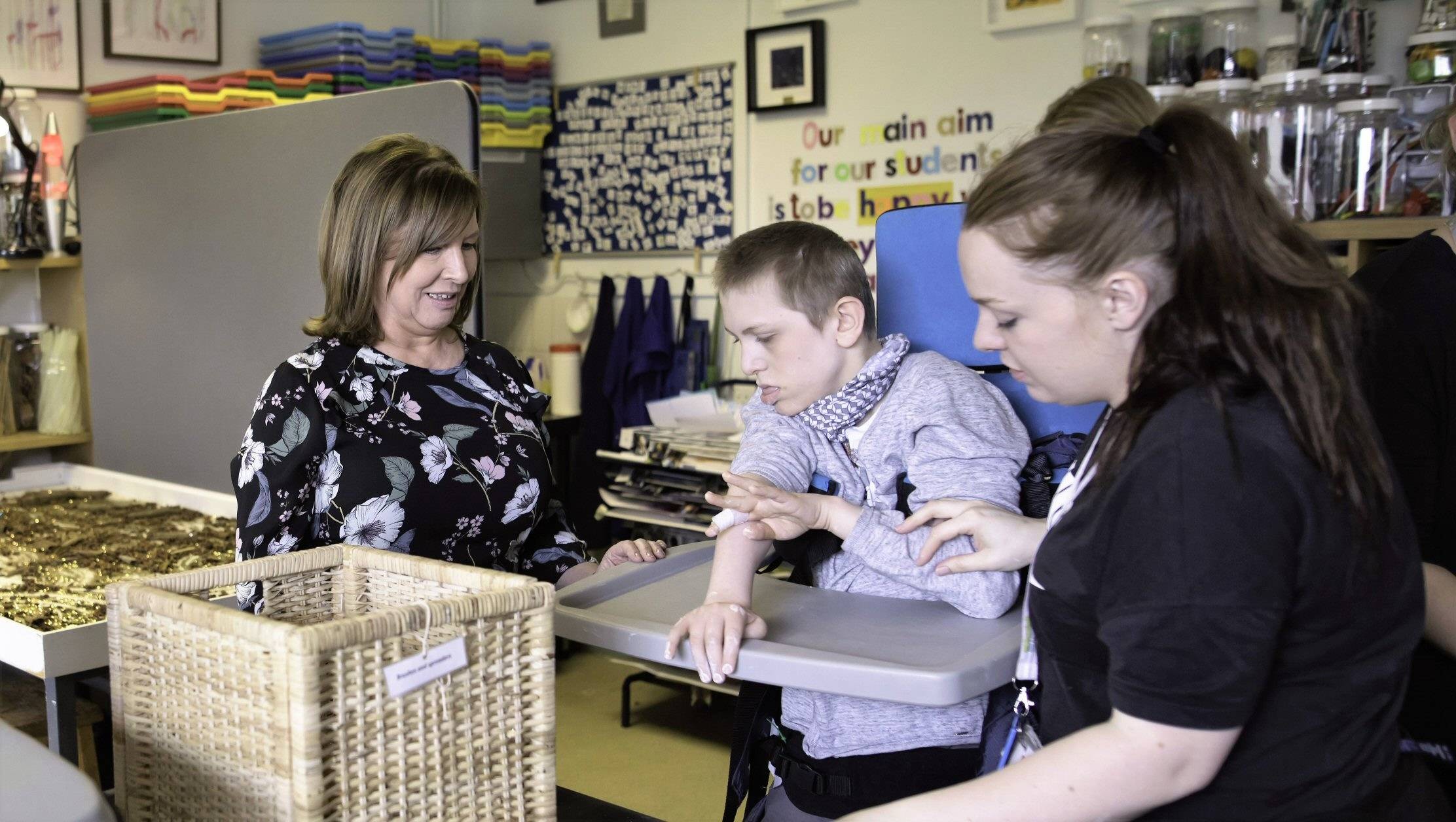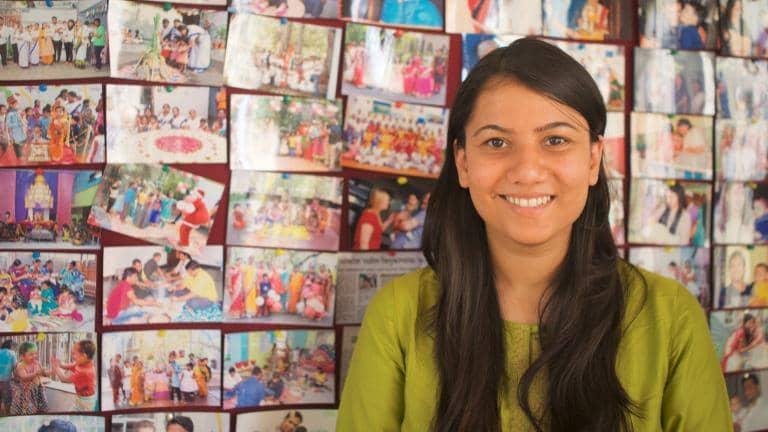
In The World: Srishti Warman
On International Women’s Day, we talk to Barclays Business Analyst Srishti Warman about her work promoting gender equality in India – and how her commitment to “making a difference” began as a child

Jan Kirwan, an Associate Director at Barclays Corporate Banking, volunteers for the Seashell Trust, a Manchester-based charity that helps children who are unable to communicate because of a severe disability. Jan tells us how she marshalled a team of 150, raised £100,000 – and got her whole office talking about citizenship and engagement.
I live in Liverpool and started at Barclays ten years ago working with large corporate clients across the North West of England. In our Manchester office, there are a lot of people and the building is so big you don’t always know who is around the corner. There were colleagues I’d never even spoke to.
So, I was looking for activities to bring everyone together and develop better working relationships. I had been a founding member of the City Stars volunteering programme in Liverpool when the city was European City of Culture back in 2008 and wanted to extend that and find something that everyone would really get behind.
We decided to work with with the Seashell Trust – as it was a charity introduced to us by our colleague and friend Chris Shaw who sadly passed away in 2015. We wanted to continue all the great work that Chris had done with the organisation.
We were immediately impressed by the Seashell Trust, which is based in Cheshire and has the Queen as a patron. The charity helps vulnerable children from the age of two and young people up to 25-years-old with complex and severe disabilities. Some have no sight, others no verbal communication skills. They also care for children on the autism spectrum, with hearing impairments and profound learning disabilities.
The work done by the Seashell Trust to help youngsters express themselves and lead more independent lives is world class. Their main aim is to get children to communicate with their families – it could be the simplest thing, like telling someone they’re thirsty or hungry. A child might be three-years-old and has never communicated at all.
The trust’s campus is on a former air force base in Cheadle Hulme, Greater Manchester. It is home to the Royal School Manchester, a non-maintained special school, and the Royal College Manchester, an independent specialist further education college. Some of the children live there full-time as they need 24-hour care by up to three staff.
Remarkably, the Seashell Trust school and college is free whether the young people are residential or non-residential. But there are limited places. Although teachers and carers’ salaries are paid for by the local authority, facilities and life experiences are funded through donations. Volunteers are desperately needed to keep the Seashell Trust open all year round.
It took over a year to set up the volunteering programme because we had ambitious targets to mark Barclays’ 325-year anniversary. It was decided we should give up 325 days. Across all the teams, over 150 people were involved, each dedicating a couple of days. When you look across our team, 325 days is almost a year so it relied heavily on Barclays support. Anyone who wanted time to help, was freed up to go.
The school has gardens, a swimming and hydrotherapy pool, library, a sports hall with a climbing wall, and an Indonesian percussion orchestra on site. Our volunteers would go out painting and clearing pathways and spaces. There was a lot of physical work which was great for team building. Others worked in the library sorting children’s books. Cake sales were held to fund-raise and retail customers donated toys for raffle prizes.
We tried to get anyone with skills involved, whether from Barclays or the wider community. Barclays Digital Eagles, the team that helps customers improve their internet skills, set up computers at the trust.
I spent so much time on the project – two days a week at first. But I’m sure if I’d let myself, the volunteering could have become a full-time job! It was very much a team effort, not just me. I kept on top of group communications, so everyone knew what was going on. It was my role to maintain momentum, letting the volunteers know where the funds were being spent and the difference it had made to the children.
It was good from Barclays’ point of view because we were getting the word out that the bank is very much working in the community. And it was good for the Seashell Trust to engage with other businesses. The bank also helped maximise our fund-raising efforts and ensured we were doing it correctly – in 12 months, we raised £100,000 after Barclays matched donations.
The Seashell Trust is infectious. Once you’ve been to volunteer, you want to go again. You know you’re doing such a good thing. I can see a big difference in what we’ve been able to provide for them. One building has a sensory room equipped with special lighting, music and objects, which help develop children’s senses. The garden is filled with strong scented herbs that are so important in stimulating the visually impaired.
At first, it can be challenging to visit the Seashell Trust. You have to be guided by the staff in everything you do. Phones must be switched off and no photos are allowed. The children have to be brought to you so they are not panicked or upset. I got to know some of the children well. The staff are amazing in everything they do.
The process taught me a lot about my own organisational skills and how to motivate others. Although volunteering is good fun, it needs enthusiasm and you must be prepared to get stuck in.
You realise how really lucky you are when you see how challenging other people’s lives can be, especially if they are children. There has been another incidental benefit of our team efforts: at our really big office we now talk about citizenship and engagement. People – who I’d never met before volunteering – are now really good friends.

On International Women’s Day, we talk to Barclays Business Analyst Srishti Warman about her work promoting gender equality in India – and how her commitment to “making a difference” began as a child
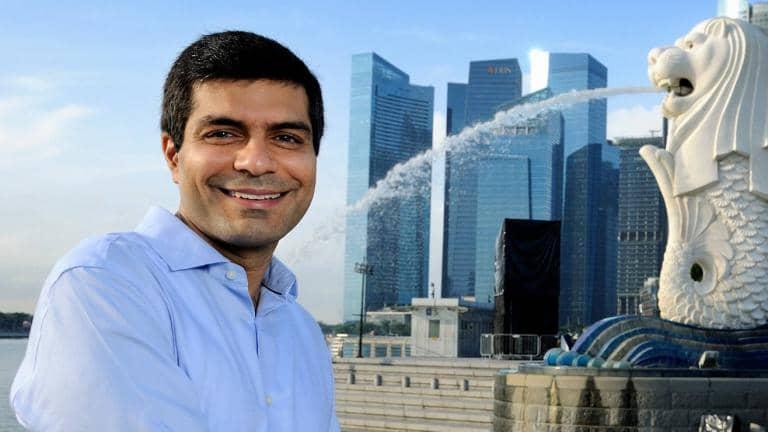
Emma Guy and Anubhav Mehrotra helped create the Dare To Be programme in Singapore
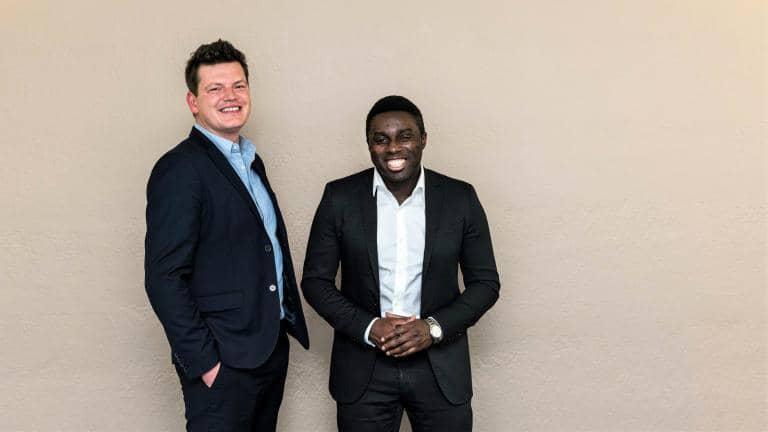
Gabriel Abebrese and Gunnar Schoenig both volunteer with the charity App Camps, which gives young people, including refugees, the skills to start a career in tech
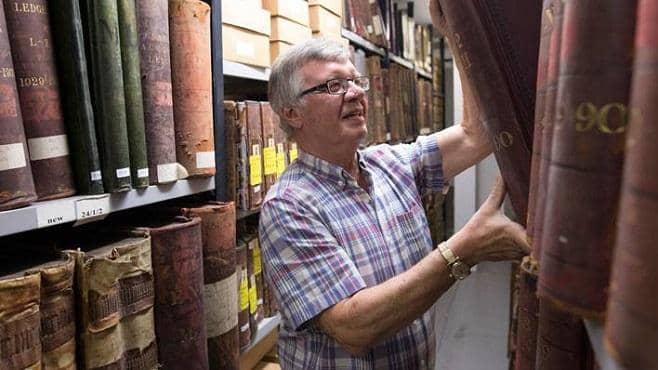
We talk with Alan Thomond, a retired colleague who now volunteers at the Barclays Group Archives in Manchester
